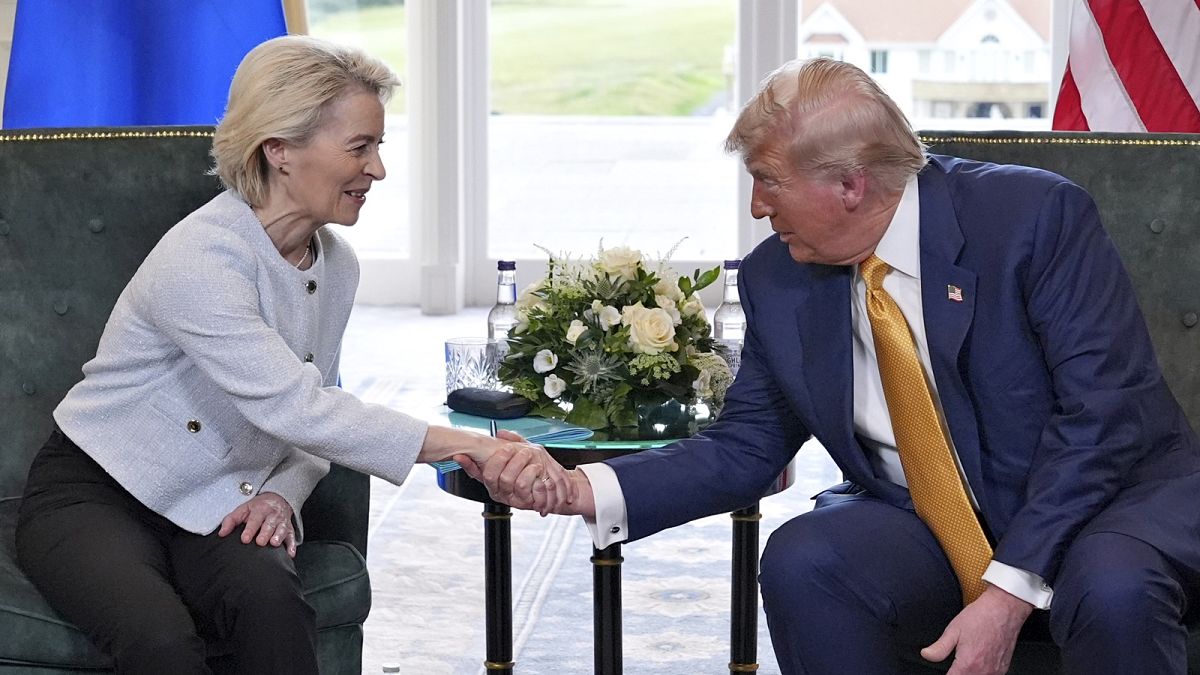

In recent developments, strategic discussions between the European Union and the United States have resulted in a notable trade agreement. The meeting between former President Donald Trump and European Commission President Ursula von der Leyen concluded with a decision to introduce a 15% tariff on most EU products imported into the US. While this might seem a significant increase from the previous average rate of 4.8%, the agreement successfully averted the imposition of a more severe 30% tariff that was under consideration. Such an outcome reflects the delicate balance of global trade negotiations, where the goal is often to minimize potential disruptions while fostering cooperative economic relations.
This new tariff will impact a wide range of European exports, notably including automobiles, a core industry for many EU countries. Despite this, certain products will benefit from a “zero-for-zero” scheme, allowing them to escape these levies altogether, highlighting the complexity and nuances present in international trade deals. The response has been varied across Europe, with criticism emerging from figures such as France’s Prime Minister, who described the day as a setback for European trade interests. Nevertheless, the reduction of potential economic conflict through this agreement marks a significant diplomatic achievement.
In parallel, the European Union faces internal deliberations over its fiscal policies, particularly concerning the disbursement of frozen EU funds to Hungary. The tensions between Brussels and Budapest have reached a dimension where Hungarian Prime Minister Viktor Orban has expressed his intent to veto the EU budget should these funds remain inaccessible. This ongoing discord touches on several past and present disputes, including policy differences regarding Russia’s involvement in Ukraine. As such, it calls for a reconsideration of mutual agreements and the fostering of consensus within the union, ensuring both stability and equitable resource allocation among member states.
Meanwhile, in the United Kingdom, another aspect of economic policy is drawing attention as the gambling industry is actively engaging with policymakers over potential tax increases. A concerted effort to sway decision-makers, highlighted by meetings and social events aimed at fostering dialogue, underscores the sector’s proactive approach to influence legislative measures that could affect its financial landscape. As the government contemplates adjusting the tax framework for gambling activities, various stakeholders are keen to ensure that any changes do not unduly burden their operations.
Each of these issues underscores the interconnected nature of global economic policies and the nuanced strategies required to navigate them. While challenges persist, such dialogues and agreements point toward a future where balanced solutions can be found through cooperation and mutual understanding among nations and regions. The road ahead is likely to entail continuous negotiation and adaptation, supporting a stable environment for international economic interaction.
Source: {link}
